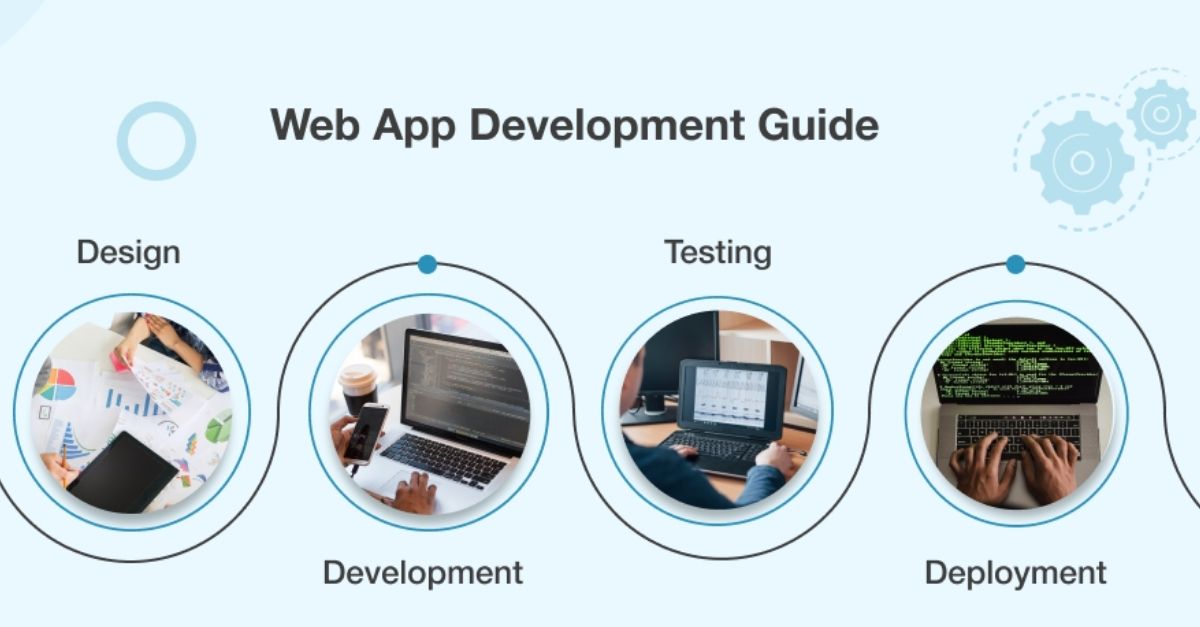Introduction: In today’s digitally-driven world, strong online presence is crucial for businesses and individuals. WordPress, a popular CMS, and mobile app development require effective integration to optimize digital strategies.
The Power of WordPress
WordPress has evolved from a mere blogging platform to a versatile CMS that powers over 40% of the websites on the internet. Its user-friendly interface, extensive plugin ecosystem, and customizable themes have made it a go-to choice for businesses seeking an online platform. Its flexibility allows users to create anything from simple blogs to complex e-commerce sites. However, in a mobile-driven era, having a responsive website isn’t enough.
The Mobile App Imperative
Mobile applications have transformed the way we engage with digital content. They offer personalized experiences, real-time notifications, and enhanced functionality that websites alone can’t provide. Businesses are increasingly recognizing the importance of mobile apps in reaching a wider audience and fostering deeper customer engagement. Here’s where the integration of WordPress and mobile app development becomes crucial.
Benefits of Integration
Enhanced User Experience: By integrating WordPress with mobile app development, businesses can offer a seamless and consistent experience across different platforms. Users can transition from the website to the app without feeling a disconnect.
Improved Performance: Native mobile apps are optimized for performance, providing quicker load times and smoother interactions. This can lead to higher user satisfaction and retention rates.
Access to Device Features: Mobile apps can harness device features like GPS, camera, and push notifications, enabling businesses to provide location-based services and engage users in new and interactive ways.
Offline Accessibility: Mobile apps can offer certain functionalities even when offline, ensuring continuous user engagement irrespective of connectivity.
Strategies for Integration
API Integration: WordPress offers a robust REST API that allows seamless communication between your website’s content and the mobile app. This enables dynamic content updates without needing to republish the app.
Custom Plugins: Leverage custom plugins to bridge the gap between your WordPress site and the app. These plugins can sync content, user data, and other relevant information.
Progressive Web Apps (PWAs): Blurring the line between websites and apps, PWAs offer app-like experiences directly from the browser. They can be easily accessed without installation, saving users’ device storage.
Hybrid App Development: Use frameworks like React Native or Flutter to build hybrid apps that combine web and mobile technologies. This approach streamlines development and maintenance efforts.
SEO Considerations
While integrating WordPress and mobile app development, it’s crucial to maintain strong SEO practices:
Consistent Content: Ensure that the content across your website and app is consistent, relevant, and optimized for relevant keywords.
Mobile-Friendly Design: Both your website and app must be mobile-responsive. Google considers mobile-friendliness as a ranking factor.
App Indexing: Implement app indexing to allow search engines to index your app content, improving its visibility in search results.
Page Speed: Optimize page speed for both website and app. Google emphasizes fast-loading sites and apps for better rankings.
Conclusion
The convergence of WordPress and mobile app development presents a transformative opportunity for businesses to elevate their online presence and user engagement. By strategically integrating these two domains, companies can offer a unified experience that caters to the preferences of modern users. As the digital landscape continues to evolve, those who adapt and embrace this integration will undoubtedly stand out in the competitive market, ensuring lasting success in the digital realm.
1. Why should I integrate WordPress with mobile application development?
Integrating WordPress with mobile app development offers a host of benefits, including a seamless user experience across platforms, improved app performance, access to device features, and offline accessibility. This integration ensures that your users can engage with your content in a consistent and interactive manner, enhancing customer satisfaction and retention.
2. How can I integrate WordPress with my mobile app effectively?
There are several strategies for integration, each with its own advantages. You can use the WordPress REST API for dynamic content updates, develop custom plugins to sync data, create Progressive Web Apps (PWAs) for app-like experiences in the browser, or opt for hybrid app development using frameworks like React Native or Flutter to streamline the process.
3. What are the SEO considerations when integrating WordPress and mobile app development?
Maintaining strong SEO practices is crucial during integration. Ensure consistent and optimized content across both platforms, prioritize mobile-friendly design for better rankings, implement app indexing to improve app visibility in search results, and optimize page speed for both website and app to enhance user experience and search engine rankings.
4. Can I use my existing WordPress website content for the mobile app?
Yes, you can use your existing WordPress website content for the mobile app. By leveraging strategies like the WordPress REST API or custom plugins, you can sync your content seamlessly between platforms. This saves time and effort, as you won’t need to create separate content for the app.
5. What is the difference between a native mobile app and a Progressive Web App (PWA)?
A native mobile app is specifically built for a particular platform (iOS or Android) using native programming languages (Swift for iOS, Java/Kotlin for Android). It provides optimal performance, access to device features, and can work offline. On the other hand, a Progressive Web App (PWA) is a web application that offers app-like experiences directly from a browser. PWAs are accessible without installation and can work offline, but they might have limitations compared to native apps in terms of performance and deep integration with device features.


